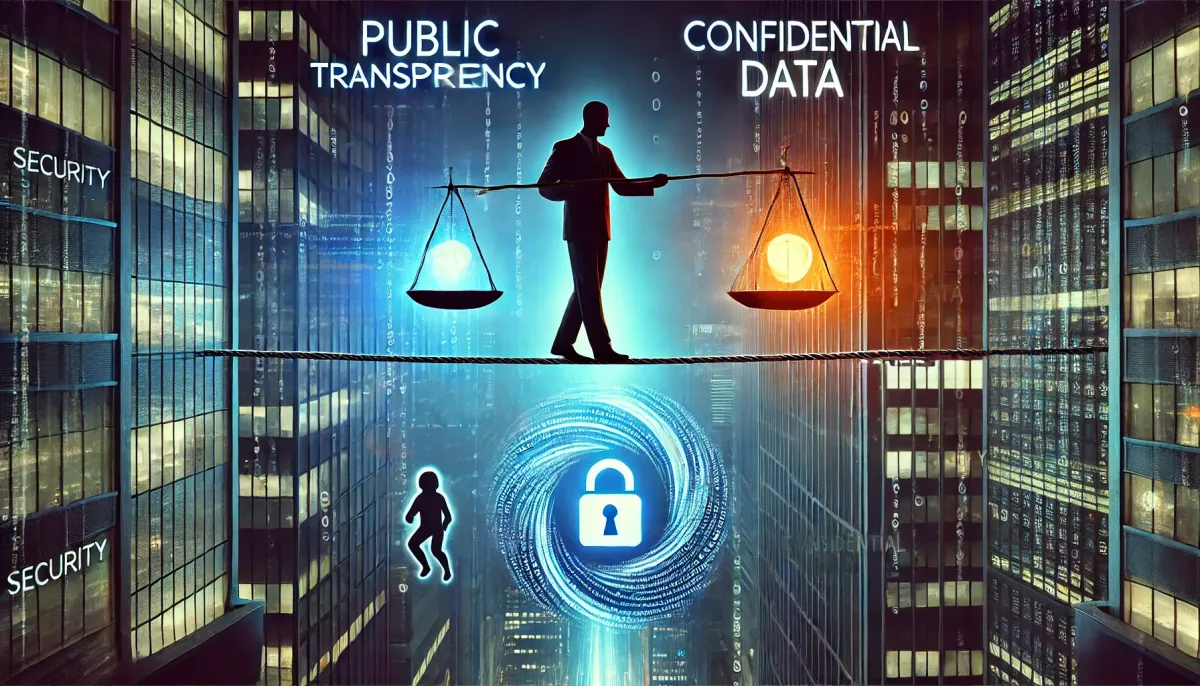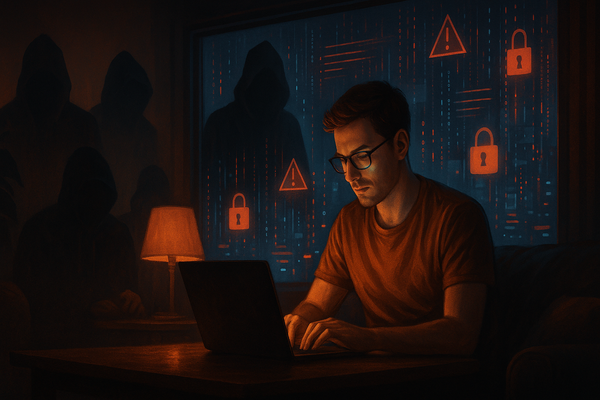Cybersecurity and Ethics– Balancing Public Transparency and Protecting Confidential Data
Cybersecurity experts walk a fine line between public transparency and protecting confidential data. When ethics clash with legal risks, how do you decide what’s right? Explore the ethical dilemmas, legal challenges, and best practices for balancing both.

In today's world, data breaches have become almost routine news—headlines that make us pause, if only for a moment before we move on with our day. But have you ever wondered about the people behind these revelations? The cybersecurity experts who find themselves walking a tightrope between public transparency and protecting confidential data? It’s a tricky balancing act, and one recent case sheds light on the ethical and legal challenges these professionals face.
Let’s dive into a story that captures this dilemma perfectly—the case of Connor Goodwolf.
The Connor Goodwolf Incident: A Case Study in Ethical Dilemmas
Imagine being in Connor Goodwolf's shoes for a moment. You’re a cybersecurity expert who has uncovered a massive data breach involving your city’s most sensitive information. You know that the public has a right to know, especially when their personal information is floating around in the dark corners of the internet. But at the same time, you’re aware that revealing too much could put people’s lives at risk, disrupt ongoing investigations, and even get you into serious legal trouble.
Goodwolf found himself at the center of a storm after revealing the extent of a data breach in Columbus, Ohio. The breach was no small matter—hackers had stolen 6.5 terabytes of data, and it included everything from police reports to undercover operations. When the city downplayed the severity, claiming the data was corrupted or encrypted, Goodwolf felt compelled to speak out. He showed what he had found on the dark web, and suddenly, he was no longer just a cybersecurity expert; he was a whistleblower.
But here’s where the plot thickens. The city wasn’t too happy about Goodwolf’s transparency. They filed for a restraining order, and now Goodwolf is facing legal action. The city claims that by accessing, downloading, and sharing the data, Goodwolf caused "irreparable harm" and compromised public safety. The question now is: Did he do the right thing?





